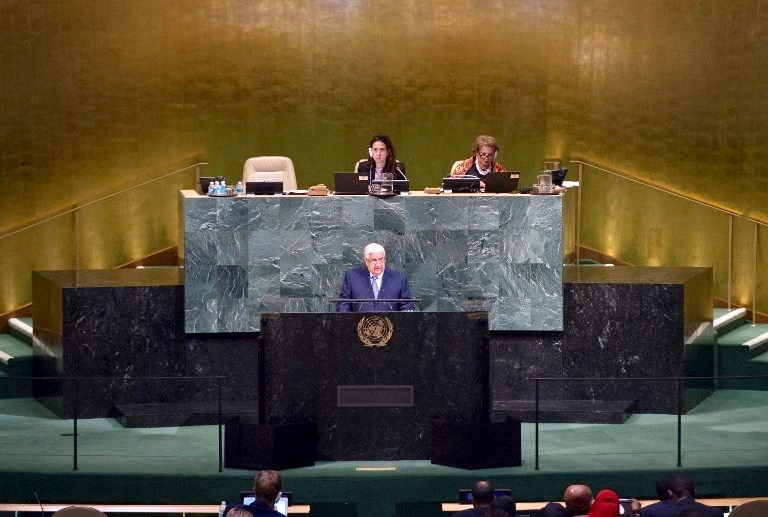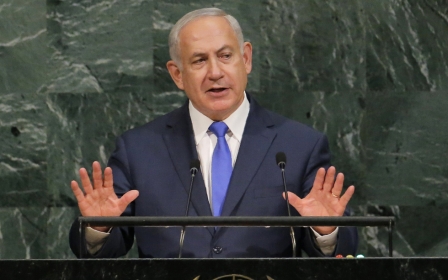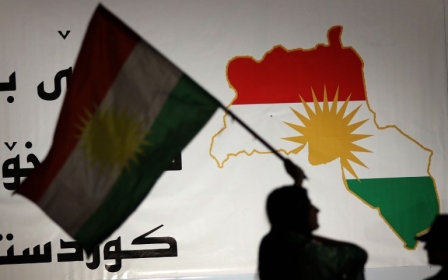Syria’s foreign minister tells UN that victory is now within reach

Syria's foreign minister said on Saturday that victory is within reach in the country and that Damascus hopes de-escalation zones will help reach a cessation of hostilities.
"The liberation of Aleppo and Palmyra, the lifting of the siege of Deir Ezzor and the eradication of terrorism from many parts of Syria prove that victory is now within reach," Foreign Minister Walid al-Moualem said in his speech to the United Nations General Assembly.
Russia, Turkey and Iran have been negotiating separately for months in the Kazakh capital Astana to try to reduce violence on the ground by creating de-escalation zones across the country, although those talks do not cover a long-term political solution to the six-year civil war.
Moualem, who praised as constructive the roles of Russia and Iran, which back Syrian President Bashar al-Assad, said Syria was encouraged by the de-escalation zones and hoped they would lead to "an actual cessation of hostilities."
Nevertheless, he said: "Syria reserves the right to respond to any violation by the other party. Syria also stresses that these zones are a temporary arrangement that must not violate the territorial unity of Syria."
The foreign minister, who also holds the rank of deputy prime minister in Assad's government, said Syrian government forces will be remembered as heroes for their role in the war.
"When this unjust war in Syria is over, the Syrian army will go down in history as the army that heroically defeated, along with its supported forces and its allies, the terrorists that came to Syria from many countries," he said.
Assad's forces have been accused by Western powers of carrying out atrocities, targeting civilians and using banned chemical weapons, an accusation that Muallem again rejected in his address.
More than 330,000 people have died in the war and more than 5 million Syrians have fled across borders to become refugees.
Earlier this month Russia, Iran and Turkey agreed to deploy observers on the edge of a "de-escalation" zone in Syria's Idlib province, which is largely under the control of Islamist rebels.
The move falls under a broader deal in which they would set up four such zones across Syria.
The de-escalation plan has eased fighting in parts of western Syria between rebel factions and government forces loyal to Assad.
Assad has gained the military upper hand against an array of rebel groups, including some that have received backing from the United States, Turkey and Gulf monarchies.
Critics have described the de-escalation plan as de facto partitioning of Syria after years of multi-sided conflict. Moscow, Tehran and Ankara deny this and say the zones will be temporary, although they may extend beyond the initial six-month term.
New MEE newsletter: Jerusalem Dispatch
Sign up to get the latest insights and analysis on Israel-Palestine, alongside Turkey Unpacked and other MEE newsletters
Middle East Eye delivers independent and unrivalled coverage and analysis of the Middle East, North Africa and beyond. To learn more about republishing this content and the associated fees, please fill out this form. More about MEE can be found here.




